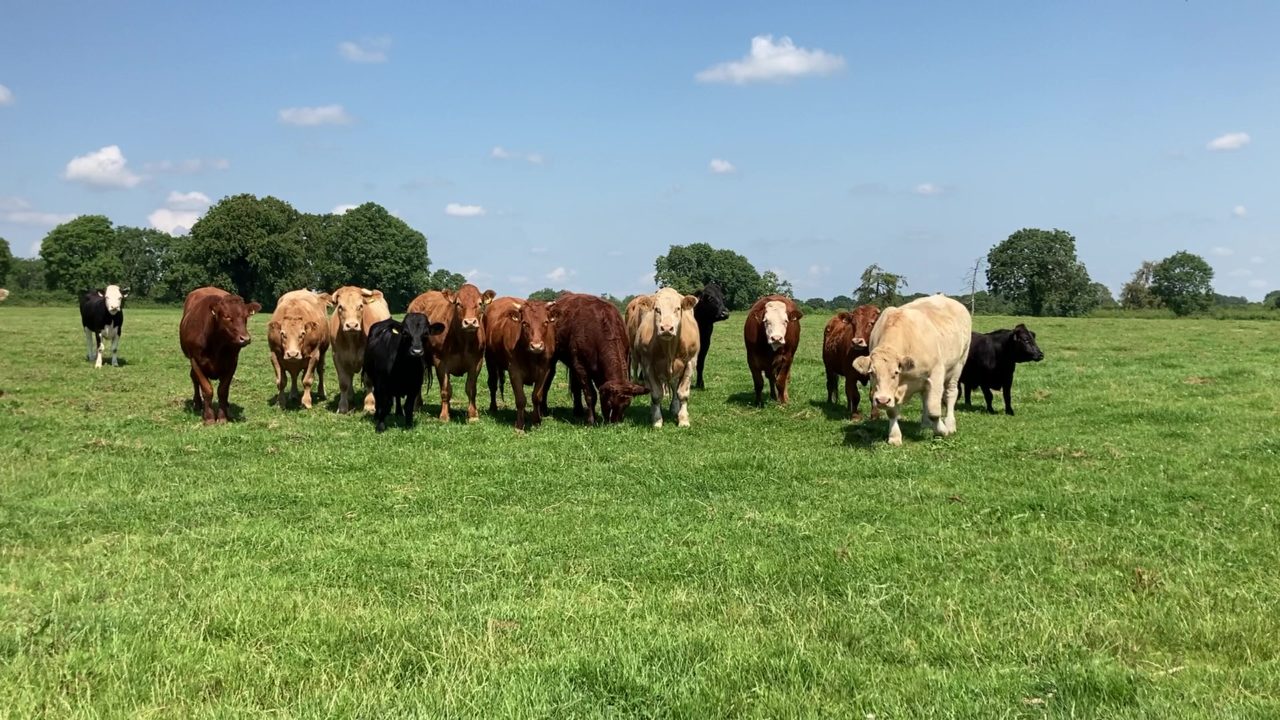The Irish Cattle and Sheep Farmers’ Association (ICSA) has said that no agreement has been reached to cut numbers in the national herd.
ICSA president Dermot Kelleher said that media reports suggesting that cow numbers could be reduced by 10% were “kite flying and speculative”.
He claimed that the government is now “in panic mode” after setting emissions reduction targets without knowing how to achieve them.
The comments come as Minister for the Environment, Climate and Communications Eamon Ryan is set to bring the Climate Action Plan before Cabinet for approval on Wednesday (December 21).
The document will outline measures which each sector, including agriculture, will have to undertake to achieve emissions reductions targets set down by government.
It is understood that the plan will include diversification options for farmers aiming to strengthen incomes and farm viability.
The final reports of the Food Vision dairy and beef and sheep groups, used to inform the Climate Action Plan, have both included recommendations for a herd reduction schemes.
Minister for Agriculture, Food and the Marine, Charlie McConalogue said that no measure contained in the Climate Action Plan will be forced on farmers.

However, the ICSA president has hit back at speculation around a decrease in the national herd.
“There has been no agreement to cut cow numbers by a definitive number and in fact, the government proposals do not even suggest a figure for how many cows.
“The road to achieving the sectoral targets for agriculture are based on documents discussed at the Food Vision group dairy and beef meetings.
“However, in the absence of any proposals from government to provide financial support to assist active farming, there was no agreement on any of this.”
The ICSA leader said that farmers are already adopting new technologies and increasing efficiency on their farms.
“The government must work with the sector to help us. Allowing harmful speculation about destroying the livelihoods of thousands of farmers is not the way to go and will do nothing to move towards carbon reduction in the sector.”
Kelleher added that the emissions targets set by government are not just a problem for the agriculture sector.
“The reality is that the target for one million electric vehicles by 2030 has been quietly abandoned and there is little sign of additional rail or metro projects being delivered by 2030.
“Equally, the buildings sector has zero chance of meeting the target to deep retrofit 500,000 houses by 2030.
“If the government was serious about renewable energy there would already be a strategy with a funding roadmap for renewable gas produced by anaerobic digesters from grass and slurry but alas, there is nothing,” he said.
